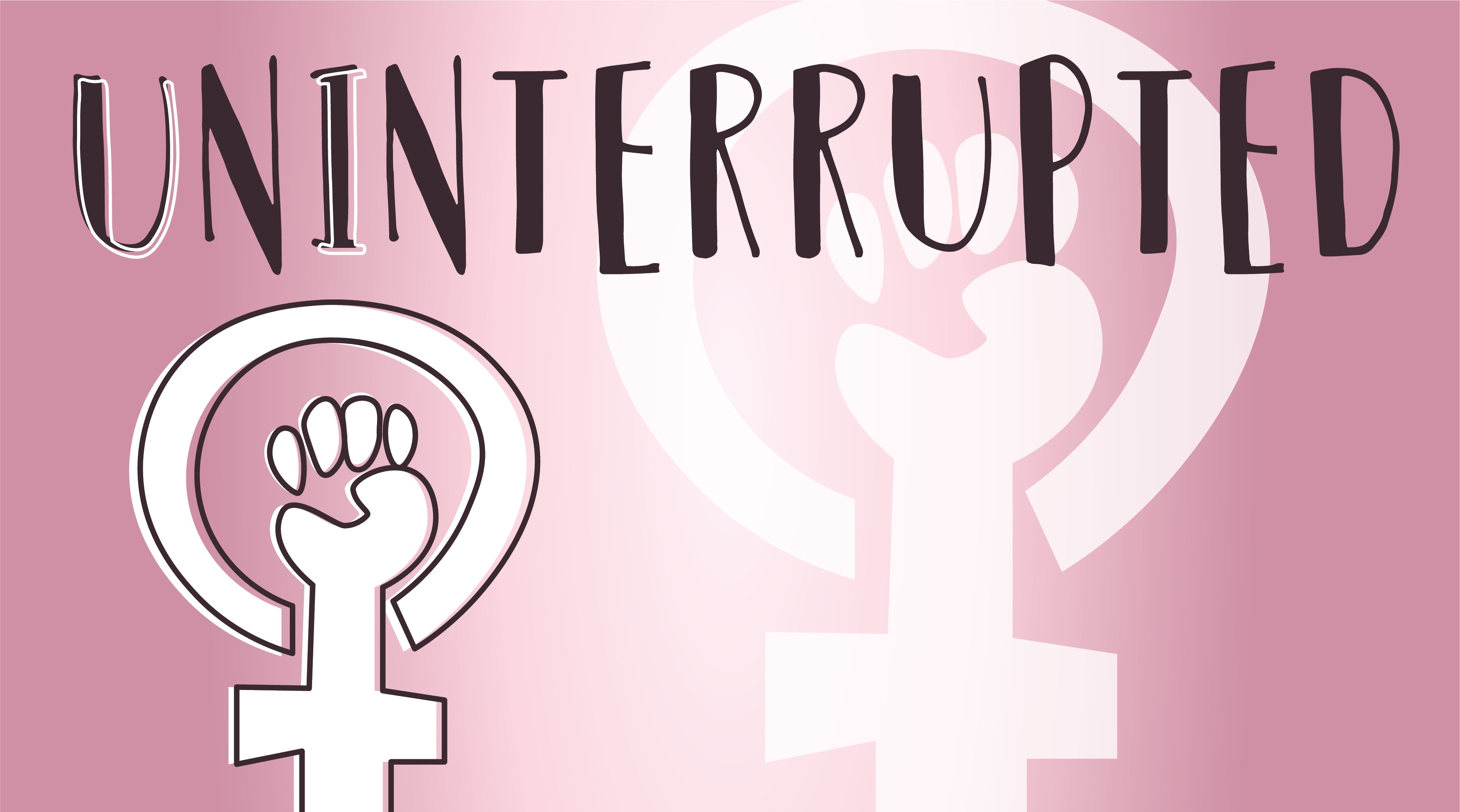
The strength behind #MeToo
By: Kyndall Cunningham, Columnist
Controversial writer Katie Roiphe recently published an article called “The Other Whisper Network” for Harper’s Magazine that focused on the dangers of the #MeToo movement grouping minor to criminal sexual offenses performed by men under the same umbrella of sexual assault. Her argument focused on the “Shitty Media Men” list in particular, which was a Google spreadsheet created by journalist Moira Donegan that allowed users to list warnings, rumors and personal accounts of sexual misconduct by men in media industries.
The list received pushback from both skeptics of the #MeToo movement and people who believe that sexual misconduct should be rightfully punished. Anonymous accounts of sexual offense ranged from creepy text and leering to violent rape and assault. In some cases, allegations got men fired or suspended when the list became public, which raised concern as to whether the #MeToo movement completely ignored due process and the presumption of innocence.
Roiphe’s piece ultimately suggests that women and people that side with #MeToo ultimately have to make clear distinctions between everyday sleazy behavior, like unwanted staring, and violent acts of rape. She also states this movement is causing women to become infantilized and incapable of standing up for themselves or completely ignoring uncomfortable situations. This is an argument I’ve seen clutter my Twitter feed as the saga of sexual misconduct claims has continued since October, and particularly after the online magazine Babe published an article alleging an incident of sexual coercion by comedian Aziz Ansari.
The idea that women can’t differentiate between casual or minor incidents of sexual misconduct and criminal offenses is insulting. I’m certain that all women and men know that being raped by a stranger in a back alley will have a greater mental, emotional and physical effect than your boss touching you on the butt. However, it doesn’t mean that the latter should be taken lightly or considered acceptable. Criticizing both in the same conversation because they do exist on the same spectrum of harm doesn’t make them equal, but it does make them undeniably wrong. I think we have this notion in our culture that if something is casual or has been overlooked for years as normal behavior that it’s not worth discussing.
Women and men have had nuanced conversations about sexual assault before and after it entered social consciousness, and we shouldn’t stop now. It obviously scares a lot of men to know that behaviors that they thought were okay or knew were wrong and decided were okay are finally being punished and addressed for what they are. The #MeToo movement also isn’t infantilizing women or weakening them, as Roiphe insists. The fear of rape or the experience itself is undeniably ingrained in the lives of women. The fact that so many women are just coming forward with utterly gross claims now shows how much we’ve had to persevere in the workplace and how long we’ve had to navigate these oppressive systems.

